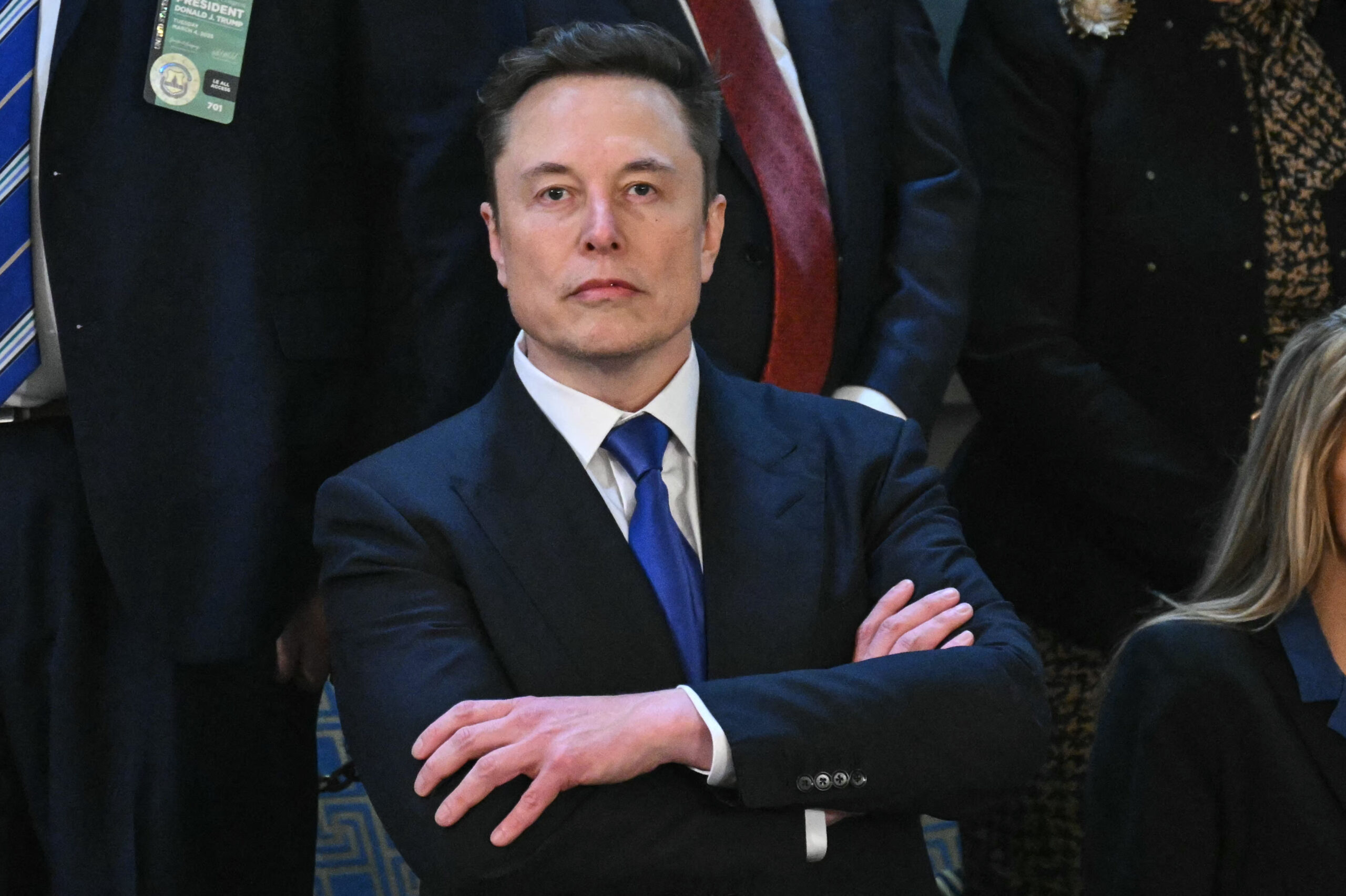WASHINGTON – Commerce Secretary Howard Lutnick is facing a wave of backlash after controversially claiming that only “fraudsters” complain about missing Social Security payments, while honest elderly citizens would simply accept the delay without protest.
During a candid appearance on the popular “All-In” podcast this week, Lutnick made remarks that have drawn sharp criticism from lawmakers, social security advocates, and the general public. He suggested that his own 94-year-old mother wouldn’t report a missing payment, and that those who do are most likely committing fraud.
“Let’s say Social Security didn’t send out their checks this month. My mother who’s 94, she wouldn’t call and complain,” Lutnick said. “She’d think something got messed up, and she’ll get it next month. A fraudster always makes the loudest noise, screaming, yelling, and complaining.”
He went on to argue that people experienced in payment systems—like Department of Government Efficiency head Elon Musk, co-founder of PayPal—understand that the “easiest way to find the fraudster is to stop payments and listen.”
“Whoever screams is the one stealing,” Lutnick claimed. “Come on, your mother, 80-year-olds, 90-year-olds—they trust the government.”
His comments drew swift condemnation from across the political spectrum. Critics called the statements elitist, out of touch, and dangerous to the millions of Americans who rely on Social Security benefits for survival.
A Lifeline for Millions
More than 70 million Americans receive Social Security checks, including retired seniors, people with permanent disabilities, and survivors of deceased workers. For many, these monthly payments are their only source of income, used to cover housing, food, and medications.
The program, founded in 1935 by President Franklin D. Roosevelt during the Great Depression, is funded by payroll taxes and represents one of the most trusted government safety nets in U.S. history.
Political Firestorm
Lutnick’s remarks were quickly picked up and criticized by several high-profile figures. Senator Bernie Sanders, I-Vt., responded strongly via a post on X (formerly Twitter):
“Secretary Lutnick: You are a billionaire. Maybe your mother-in-law wouldn’t complain if she didn’t get her Social Security check, but tens of millions of seniors struggling to survive would. They’re not fraudsters. They earned it. How out of touch are you not to realize that?”
Sanders’s remarks highlight the ongoing class divide in America and the frustration that everyday citizens feel when wealthy officials appear dismissive of the struggles faced by working-class and retired Americans.
Lutnick, who previously served as CEO of financial giant Cantor Fitzgerald, is estimated to have a net worth exceeding $1.5 billion, according to Bloomberg.
Musk’s Role and Rising Fears
The controversy is further fueled by the rising influence of Elon Musk, now head of the Department of Government Efficiency under President Trump’s second-term administration. Musk recently referred to Social Security as a “Ponzi scheme” on an episode of The Joe Rogan Experience, raising concerns about the administration’s direction.
Musk has been spearheading efforts to slash federal spending and streamline bureaucratic processes—moves some fear could lead to the dismantling of essential social programs.
In fact, earlier this month, the Trump administration introduced new rules requiring that all Social Security beneficiaries apply online or in person, eliminating phone applications. Critics argue this places an unnecessary burden on the elderly and disabled, particularly those in rural or underserved communities.
The Administration’s Stance
The White House has attempted to ease public anxiety, stating that President Trump has no intention of cutting Social Security or related benefits.
“The Trump Administration will not cut Social Security, Medicare, or Medicaid benefits. President Trump himself has said it over and over again,” reads a statement from the official White House website.
Still, no official response was given when asked to comment on Lutnick’s recent podcast appearance.
Lutnick, for his part, insists his words are being misinterpreted. He maintains that his goal is to improve the system by identifying and rooting out long-term fraud, particularly among those who are improperly listed as disabled.
“We don’t have to take one penny from someone who deserves Social Security,” Lutnick emphasized. “What we have to do is stop sending money to someone who’s not hurt, who’s on disability for 50 years. It’s ridiculous.”
Public Reaction and Consequences
Despite his explanations, public reaction remains intense. Many Social Security recipients and advocacy groups argue that Lutnick’s framing is both misleading and harmful.
In places like Coimbatore, India, where non-profits like HelpAge India support vulnerable elders, the idea of questioning aid to the aged strikes a particular chord, revealing a broader global issue of how society treats its elderly.
Meanwhile, emails and social media are flooded with stories from American seniors who say they’ve had to choose between groceries and medications when checks arrived late—hardly the behavior of fraudsters, critics note.
The debate over how to reform and preserve Social Security is unlikely to go away soon. As the 2028 election season looms, expect it to become a defining issue once again.
Disclaimer – Our editorial team has thoroughly fact-checked this article to ensure its accuracy and eliminate any potential misinformation. We are dedicated to upholding the highest standards of integrity in our content.




